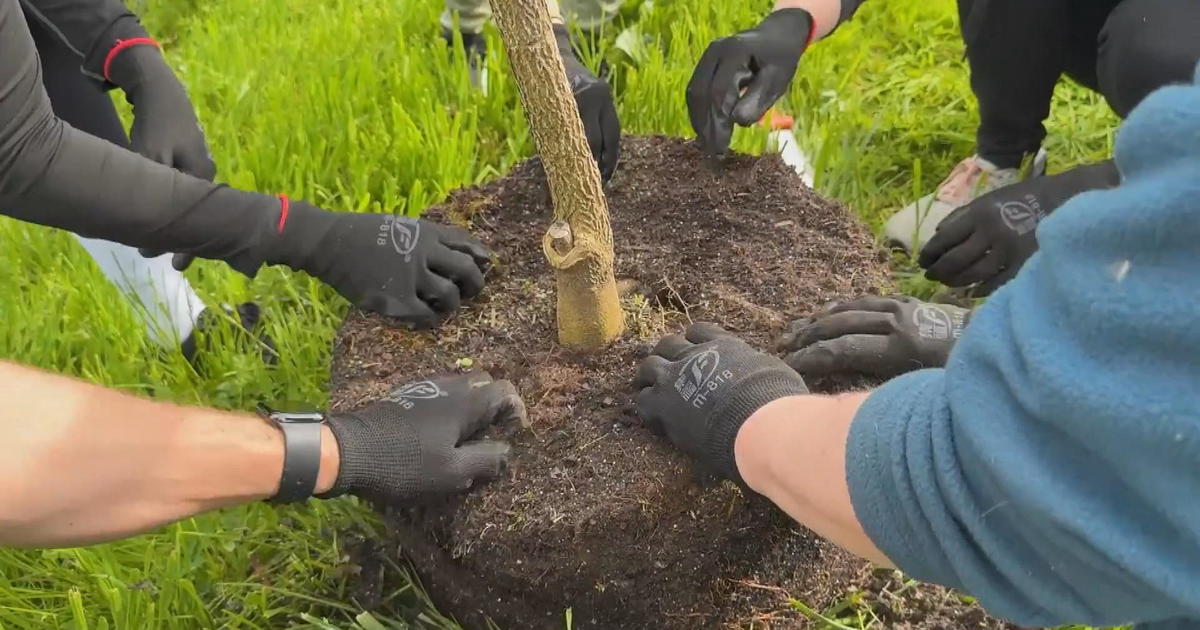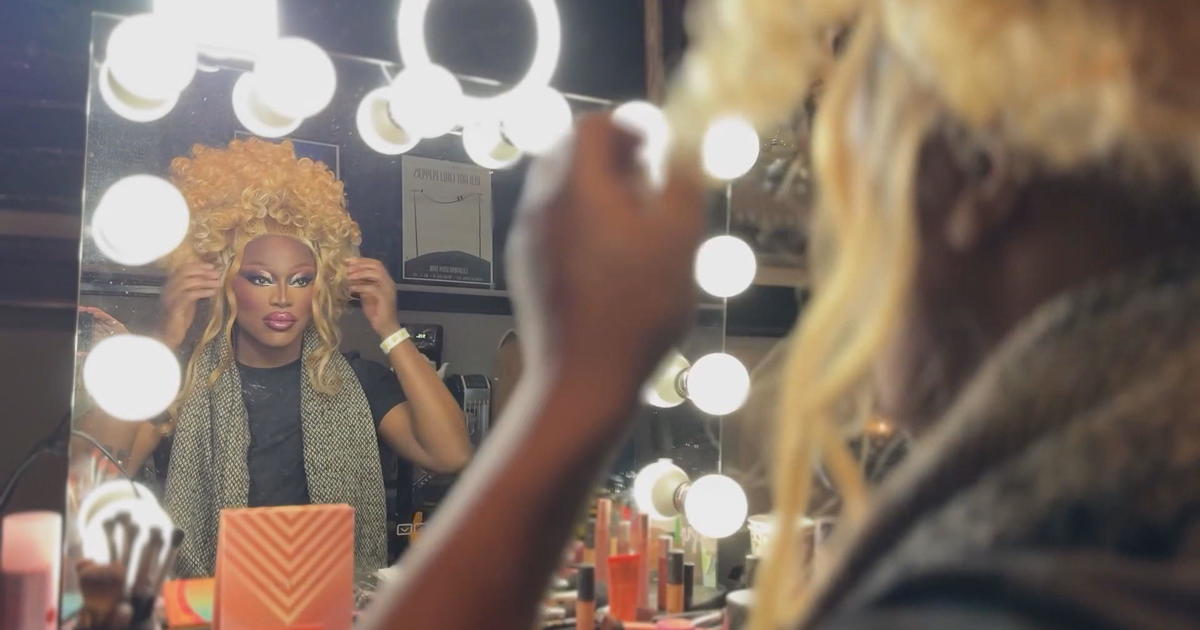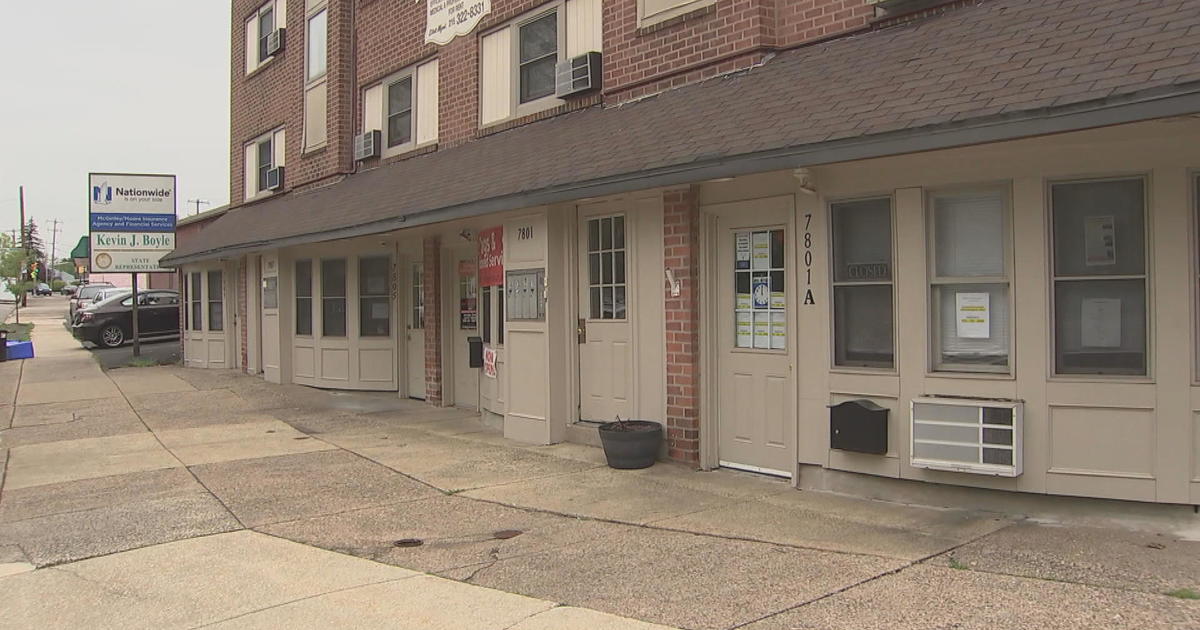Stigall: Why Talk Radio Succeeds
By Chris Stigall
PHILADELPHIA (CBS) -- We hear it said often of talk radio. "You're all parrots for the right wing! You're all in lockstep with each other! Why aren't there more liberal voices on the air? You're so one-sided!"
After more than a few years of doing this, I traditionally roll my eyes in response. You've heard the arguments. You know the answers. But this time, I can prove that those criticisms are empty. My colleagues and I prove it every day, if you're willing to listen.
But after this week, for me, that criticism can never be leveled accurately or honestly, at least against our show, ever again.
If you're a Philadelphian of any length of time – you know the name "Fattah." I'm talking about Congressman Chaka Fattah – a long-serving Democrat in Congress. His wife is a local news anchor, his daughter an attorney. And his son Chaka Fattah Jr., like his dad, has been making a lot of news in the last couple of years. But not good news.
Both Fattah men are currently under very public investigation by the U.S. Departments of Justice and Treasury. I'll not spend the time detailing all the investigations, allegations, and accusations here. Plenty has been written if you want to research it all. Suffice it to say, there have been subpoenas issued and official office documents, receipts, and computer hard drives seized between the two Fattah men. (As of today, no official charges have been filed.)
Some reports suggest there's a relationship to the tandem investigations of father and son. The local press has written extensively of Fattah Jr.'s business ventures, formerly lavish lifestyle, and debts he's incurred around Philadelphia. Media outlets in Washington D.C. - and to a lesser extent in Philadelphia - have written about the probe into Fattah Sr.'s work to secure congressional funds for certain people/projects in his home district.
I've talked about this case and all the details that continue to unfold many times on our show over the last couple of years. In truth, we've never reached out to the Fattahs. Generally, when there's an investigation underway it's been my experience that folks aren't too keen to chat about it on a 50,000-watt radio station.
Until this week.
While discussing an unrelated issue about Philadelphia juries and taking listener phone calls on the topic, I looked on our call-screener's monitor to see "Chaka – Philadelphia – Line 6."
Assuming it was a listener either wanting to have some fun or maintain his anonymity by using a fake name, I selected the line, cautiously welcomed "Chaka" to the show, and there he was. "Chris, it's Chaka Fattah Jr."
"Sure it is," I thought to myself.
Hanging with it, and pressing to verify he was who he said he was – he offered his comments on the topic I was discussing. He even said he's a regular listener of the show and has been for some time.
Naturally, if it REALLY was him and this was ACTUALLY happening, I had to ask him to return to the show to talk about all the investigations and allegations surrounding him and his family. Without hesitation, he said he'd not only return, but that he'd make himself available for as long as I'd like to talk and about anything I wanted to ask.
He was booked that morning for a 7:00am appearance the next day.
What unfolded during the next day's show was a first for me. A high profile Democrat, under a high profile investigation, with a high profile father of the very same description – voluntarily offered himself up to my questions live, on-air, unscripted and without conditions.
It also happens to be the longest, live interview I've ever done with anyone in my 15 years of radio.
I'll leave it to you to judge my questions to him. I'll leave it to you to judge the answers he gave or even his motives for agreeing to do the interview in the first place. But what happened is a case study of talk radio's success.
If you've ever heard the radio show, you know the Fattah family and I don't exchange holiday cards. I've been on the opposing side of nearly, if not every issue Congressman Fattah has taken publicly. I've had more than my share of fun with the details of the Fattah family's alleged wrongdoing. And I've fumed at the reluctance of much of Philadelphia media to cover it beyond a buried paragraph deep in the "local" section.
Which brings me to what's really always made talk radio work. It is often the LONE media voice asking tough questions of people with whom most media members feel politically or ideologically aligned.
Talk radio succeeds because we are the daily, often only opposing point of view to most TV news broadcasts and most established print and online newspapers. (And yes, they have a point of view.) I assume it's why Democrats like Chaka Fattah Jr. listen. They already know what the rest of the media is going to say.
Talk radio is a place where conversation can happen, and truth can be sought. It's the only place where an accused man felt he'd be heard even though he knew the interviewer wasn't an ally or friend to him or his family.
Most of all, Fattah Jr. was seeking an audience to hear his side. Not just any audience – a talk radio audience. An audience I call the "smartest audience in all of radio."
Today, a very public case was made for why talk radio is successful and I hope you heard it.
A guy I don't know, whose guilt or innocence I don't presume to judge, with whose family I share virtually nothing in common and regularly criticize – came on our show to be asked pointed questions. Questions he had to answer (or not answer) before a VERY smart audience.
Time will tell if that was a good decision by Chaka Fattah Jr. But it was a ringing endorsement of talk radio and the quality of the people who listen to it.



